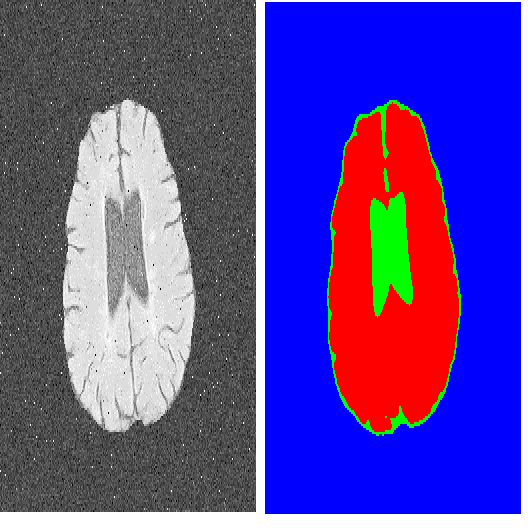Background and Objective: Existing deep learning platforms for medical image segmentation mainly focus on fully supervised segmentation that assumes full and accurate pixel-level annotations are available. We aim to develop a new deep learning toolkit to support annotation-efficient learning for medical image segmentation, which can accelerate and simply the development of deep learning models with limited annotation budget, e.g., learning from partial, sparse or noisy annotations. Methods: Our proposed toolkit named PyMIC is a modular deep learning platform for medical image segmentation tasks. In addition to basic components that support development of high-performance models for fully supervised segmentation, it contains several advanced components that are tailored for learning from imperfect annotations, such as loading annotated and unannounced images, loss functions for unannotated, partially or inaccurately annotated images, and training procedures for co-learning between multiple networks, etc. PyMIC is built on the PyTorch framework and supports development of semi-supervised, weakly supervised and noise-robust learning methods for medical image segmentation. Results: We present four illustrative medical image segmentation tasks based on PyMIC: (1) Achieving competitive performance on fully supervised learning; (2) Semi-supervised cardiac structure segmentation with only 10% training images annotated; (3) Weakly supervised segmentation using scribble annotations; and (4) Learning from noisy labels for chest radiograph segmentation. Conclusions: The PyMIC toolkit is easy to use and facilitates efficient development of medical image segmentation models with imperfect annotations. It is modular and flexible, which enables researchers to develop high-performance models with low annotation cost. The source code is available at: https://github.com/HiLab-git/PyMIC.
翻译:背景和目标:现有医学图像分析的深层次学习平台,主要侧重于完全监督下的分解,假设完全和准确的像素级说明,即具有完全和准确的像素级说明;我们的目标是开发一个新的深层次学习工具包,支持为医学图像分解提供全部和准确的分解;我们的目标是开发一个新的深层次学习平台,支持为医学图像分解任务提供全部和准确的分解;我们开发了一个模块,名为PyMIC, 是一个模块化的深层次学习平台;除了支持为完全和准确的像素级说明开发高绩效模型的基本组成部分外,它还包含若干高级组成部分,用于从不完善的分解中学习,例如装有附加说明和未经宣布的图像、不附加说明、部分或不准确的附加说明的图像损失功能,以及多种网络之间共同学习的培训程序,例如从局部、稀释或稀释性说明性说明;PyTorricht框架,支持为医疗图像分解开发半超超度、监管弱和噪心型的分解方法;结果:我们根据PyMIIC分解的分解的四个分解的医疗分解任务:在完全监督的分解中实现竞争性分解;我们仅监督的分解的分解结构学习的分解;我们只有完全监督的分解,只有监督的分解的分解的分解,只有完全的分解的分解,只有10的分解的分解的分解的分解的分级的分解。




